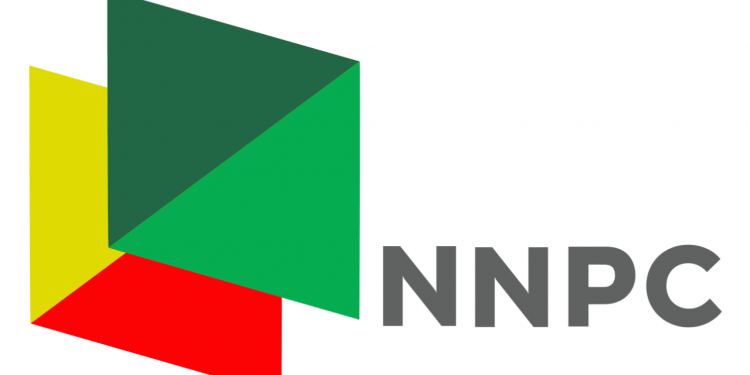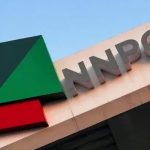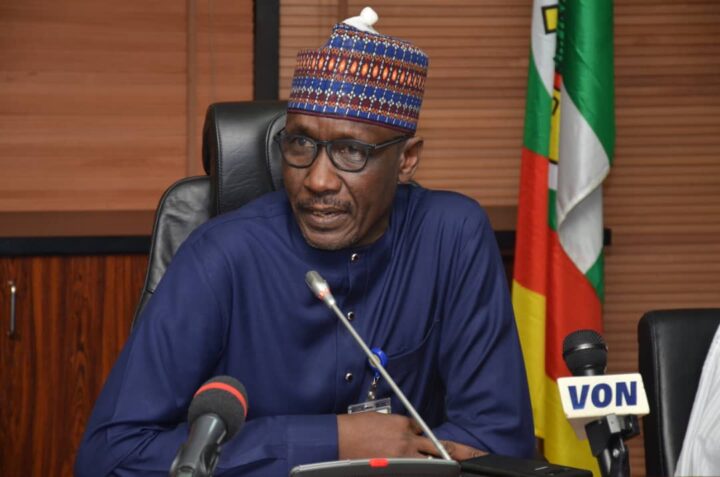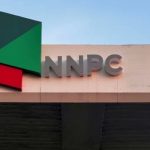The Nigerian National Petroleum Company Ltd (NNPCL) has officially cleared its outstanding $4.68 billion cash call debt to five international oil companies (IOCs) operating in Nigeria. This marks a significant achievement for the company, which is now debt-free, following the full removal of the petrol subsidy.
Mele Kyari, the group CEO of NNPCL, made the announcement during the 42nd NAPE Annual International Conference & Exhibition in Lagos. He credited the removal of the petrol subsidy, a decision by President Bola Tinubu, as a pivotal step in restoring Nigeria’s economic health. Although challenging at first, Kyari explained that ending the subsidy was necessary to stop the harmful practice of fuel subsidies that had drained the national economy.
Kyari likened the subsidy to a damaging habit, saying, “President Tinubu has effectively stopped Nigeria from ‘smoking cigarettes,’ restoring the nation’s economic health.” He acknowledged that while the subsidy removal would lead to short-term financial strain, it would ultimately encourage more prudent energy use. He also noted that higher fuel prices would push Nigerians to reconsider their spending habits, especially with regard to private transport, leading to a potential revival of public transportation.
With the subsidy burden lifted, NNPCL can now focus on its core upstream oil sector activities. This shift will enable the company to meet its obligations to joint venture partners, which had been strained by its past cash call defaults. Kyari confirmed, “We no longer owe any of our partners,” emphasizing that the financial stability gained through subsidy removal would allow NNPCL to drive sustainable energy production for the benefit of Nigerians.
Over the years, NNPCL had accumulated significant unpaid cash call obligations to its joint venture partners, including Mobil, Chevron, Shell, TotalEnergies, and Agip. These unpaid debts severely impacted Nigeria’s upstream oil and gas sector, leading to operational strain, stalling growth, and undermining investor confidence. By 2016, the debt had become critical, prompting the government to create a $5.1 billion debt repayment plan. The amount was later reduced to $4.68 billion by December of that year.
Despite ongoing financial constraints, NNPCL’s clearing of this debt marks a turning point. Kyari expressed optimism, stating, “In three to four years, I believe we will see transformations in the sector that didn’t happen over the past 40 years.”
This development signals a positive shift for Nigeria’s oil sector, with NNPCL now positioned to reinvest resources, expand gas infrastructure, and improve the national grid, all of which will contribute to the country’s long-term energy sustainability.










